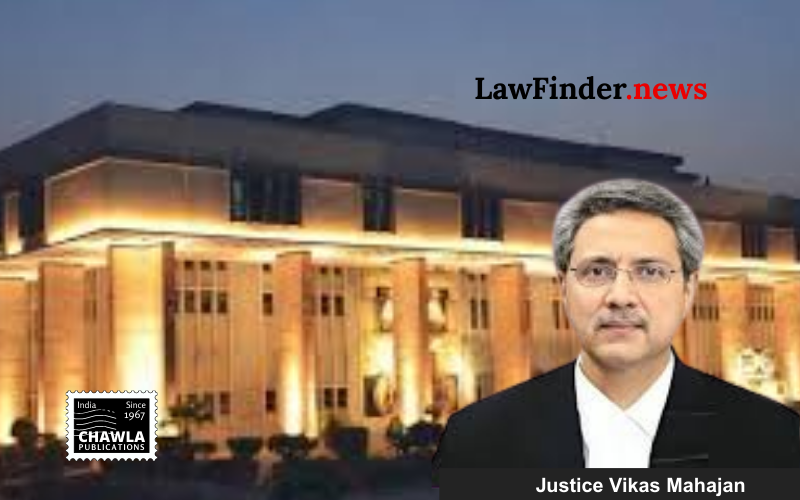Court dismisses writ petition challenging discrepancies in recorded response sheet of JEE (Main) - 2025, citing presumption in favor of official records.
In a significant judgment, the Delhi High Court has dismissed the writ petition filed by Shashank Shekhar Pandey against the Union of India and the National Testing Agency (NTA), challenging discrepancies in his recorded response sheet for the Joint Entrance Examination (JEE Main) - 2025. Presided over by Justice Vikas Mahajan, the court ruled in favor of the NTA, emphasizing the presumption of authenticity of official records.
The petitioner, Shashank Shekhar Pandey, alleged that a pop-up message at the end of his computer-based test (CBT) indicated he attempted 46 questions, whereas the official recorded response sheet showed only 29 attempts. This discrepancy, according to Pandey, led to an incorrect calculation of his scores, affecting his eligibility for JEE (Advanced) - 2025.
The NTA, represented by Mr. Sanjay Khanna, contended that the examination system's automated submission feature did not record the alleged pop-up message, and maintained that the official audit logs accurately reflected the petitioner's actions during the examination. The NTA argued that the logs, which capture every action performed by candidates on the computer system, showed that Pandey attempted only 29 questions.
The court, after considering the forensic analysis report from the National Cyber Forensic Laboratory (NCFL), found no evidence to support Pandey's claims of system errors or tampering. The NCFL report indicated that the absence of logs for the alleged pop-up message was consistent with the automated submission process, which does not require candidate action and thus does not generate an audit log entry.
Justice Mahajan emphasized the legal presumption under Section 114 of the Indian Evidence Act, 1872, which supports the genuineness of official records maintained by autonomous bodies like the NTA. The court also cited previous judgments, highlighting the principle that writ jurisdiction under Article 226 should not be used to resolve disputed factual questions without compelling evidence.
In light of the technical evidence and the principle of presumption in favor of official records, the court concluded that Pandey failed to establish a prima facie case. The petition was dismissed, affirming the integrity of the NTA's examination records.
Bottom Line:
Presumption in favor of official records under Section 114 of the Indian Evidence Act, 1872 (equivalent to Section 119 of Bharatiya Sakshya Adhiniyam, 2023). Courts exercising writ jurisdiction under Article 226 should avoid adjudicating disputed questions of fact without compelling evidence.
Statutory provision(s):- Indian Evidence Act, 1872, Section 114, Bharatiya Sakshya Adhiniyam, 2023, Section 119, Constitution of India, Article 226
Shashank Shekhar Pandey v. Union of India, (Delhi) : Law Finder Doc Id # 2783242




